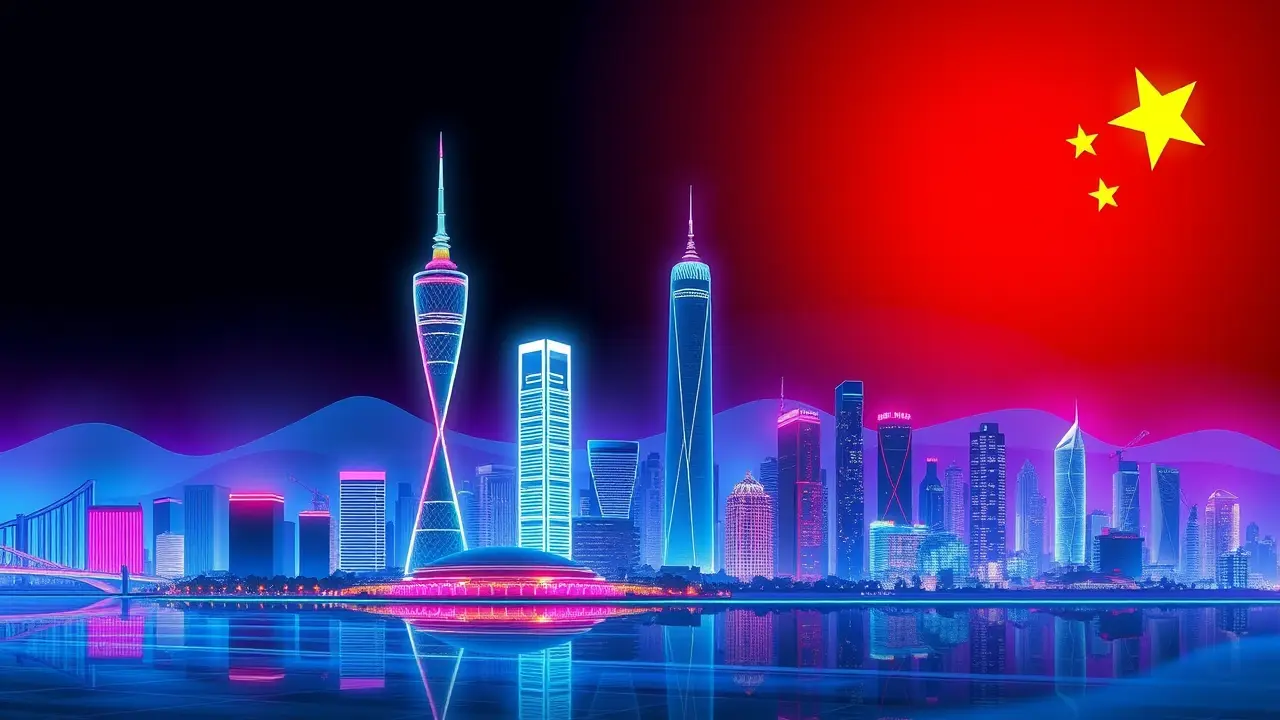
PoliticsdiplomacyMultilateral Summits
China to Host 2026 APEC Summit in Shenzhen.
MA
Mark Johnson
2 days ago7 min read
In a strategic masterstroke that positions China squarely at the center of global economic diplomacy, President Xi Jinping has announced that the 2026 Asia-Pacific Economic Cooperation (APEC) summit will be hosted in the southern tech powerhouse of Shenzhen, a move that feels less like a routine rotation of hosting duties and more like a brilliantly executed campaign play designed to showcase China's economic resilience and technological ascendancy on the world stage. This announcement, dropped as world leaders concluded proceedings in Gyeongju, South Korea, is a clear signal that Beijing is not just participating in the global order but actively seeking to shape its future, using the APEC platform as a grand stage to counter Western narratives and champion its own model of development.Shenzhen is no accidental choice; it’s the glittering crown jewel of the Greater Bay Area megalopolis, a region Beijing has aggressively promoted as a direct competitor to innovation hubs like Silicon Valley and the San Francisco Bay Area, encompassing not just nine cities in Guangdong province but strategically integrating the special administrative regions of Hong Kong and Macau into a single, formidable economic engine. The selection is a deliberate narrative, a live-action advertisement for China’s transformative ambitions, echoing the kind of calculated geopolitical positioning one might see in a high-stakes election campaign where every venue and every backdrop is meticulously chosen for its symbolic weight.For decades, APEC has been a forum for the delicate dance of trade liberalization and economic cooperation, but hosting it in Shenzhen—a city that literally rose from a fishing village to a global tech titan within a generation—allows China to frame the entire conversation around its own success story, a potent rebuttal to concerns over its state-capitalist model and human rights record. One can almost hear the campaign war room strategizing: use the city’s skyline, a forest of futuristic towers housing giants like Tencent and Huawei, as the backdrop for discussions on digital trade and supply chain resilience, thereby subtly arguing that the future is already being built there.This isn't merely about logistics; it's a soft power offensive, a chance to woo the 20 other member economies with a vision of Chinese-led prosperity, potentially driving a wedge within the bloc on issues from tech standards to infrastructure investment, all while the United States and its allies grapple with internal political divisions. The stakes are immense, with the potential to influence everything from the fate of the CPTPP trade pact, which China has sought to join, to the alignment of emerging digital economies. By planting its flag in Shenzhen for APEC 2026, China is executing a classic flanking maneuver in the great game of geopolitical influence, and the world will be watching to see if the rest of the Asia-Pacific electorate is ready to cast its vote for a Sino-centric future.
#featured
#APEC
#Shenzhen
#Xi Jinping
#diplomacy
#international summit
#Greater Bay Area
Stay Informed. Act Smarter.
Get weekly highlights, major headlines, and expert insights — then put your knowledge to work in our live prediction markets.
Related News
Comments
It’s quiet here...Start the conversation by leaving the first comment.
© 2025 Outpoll Service LTD. All rights reserved.













